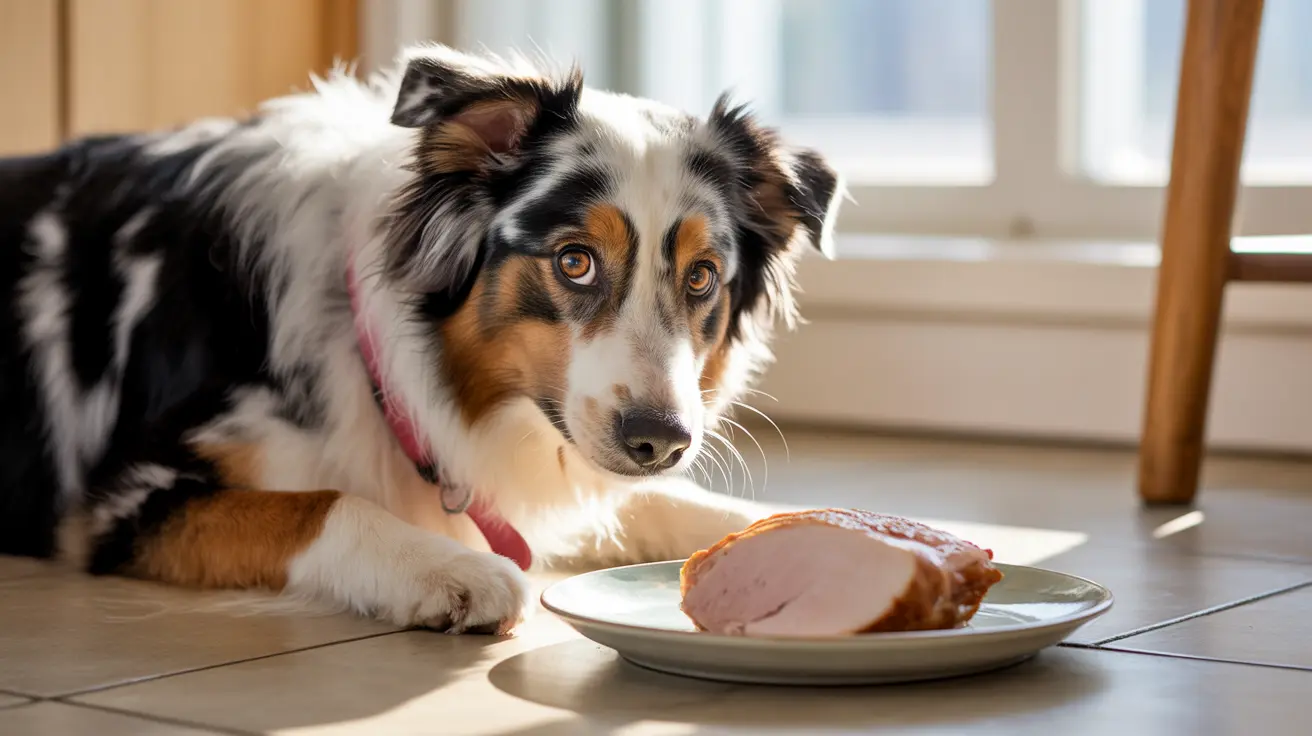As a pet parent, you've probably wondered about sharing some of your favorite foods with your furry friend. Turkey, a lean protein source, often raises questions about its safety for dogs. Let's explore everything you need to know about feeding turkey to your canine companion, from safe preparation methods to potential risks.
While dogs can indeed eat turkey, it's crucial to understand the proper way to serve it and what parts to avoid. This comprehensive guide will help you make informed decisions about incorporating turkey into your dog's diet safely and responsibly.
Safe Turkey Preparation for Dogs
When it comes to feeding turkey to your dog, preparation is key. Plain, cooked turkey meat without seasonings or additives is generally safe for dogs. Remove all skin, bones, and excess fat before serving. The meat should be thoroughly cooked to eliminate harmful bacteria like Salmonella or E. coli.
White meat from the breast area is the healthiest option for your dog. It's lower in fat and calories compared to dark meat, making it easier for your pet to digest. Always cut the meat into appropriate, bite-sized pieces to prevent choking hazards.
Can Dogs Eat Turkey Breast?
Turkey breast is the safest and most nutritious part of the turkey for your dog. It's rich in lean protein, which helps maintain muscle mass and supports overall health. The white meat contains essential nutrients like:
- Protein for muscle development
- Phosphorus for bone health
- B vitamins for energy metabolism
- Selenium for immune system support
When preparing turkey breast for your dog, ensure it's plain and boneless. Avoid using oils, butter, or seasonings that could upset your pet's stomach or cause more serious health issues.
Potential Risks and Dangers
While plain turkey can be safe for dogs, several risks need consideration:
- Cooked bones can splinter and cause serious internal injuries
- Seasoned turkey may contain toxic ingredients like garlic and onions
- Fatty skin and drippings can lead to pancreatitis
- Processed turkey products often contain harmful levels of sodium and preservatives
Watch for signs of adverse reactions when introducing turkey to your dog's diet. Symptoms like vomiting, diarrhea, or lethargy warrant immediate veterinary attention.
Serving Guidelines and Portions
When feeding turkey to your dog, moderation is crucial. Follow these guidelines:
- Limit turkey to no more than 10% of your dog's daily caloric intake
- Start with small amounts to test for sensitivity
- Remove all visible fat and skin
- Ensure the meat is thoroughly cooked
- Avoid processed turkey products entirely
Consider your dog's size, age, and overall health when determining appropriate portion sizes. Consult with your veterinarian for personalized recommendations.
Frequently Asked Questions
Can dogs eat turkey safely, and what are the best ways to prepare it for them?
Yes, dogs can safely eat plain, fully cooked turkey meat. Remove all bones, skin, and fat. Avoid seasonings and prepare the meat by boiling or baking without oils or butter.
Is turkey breast a better option for dogs than dark meat, and why?
Yes, turkey breast is the better option because it contains less fat and fewer calories than dark meat. White meat is easier to digest and less likely to cause gastrointestinal issues.
How much turkey can I safely give my dog, and what portion sizes should I follow?
Turkey should make up no more than 10% of your dog's daily caloric intake. For a medium-sized dog, this typically means 1-2 small, bite-sized pieces as an occasional treat.
What are the risks of feeding dogs turkey bones, and are there safe alternatives?
Turkey bones are extremely dangerous as they can splinter and cause choking, internal injuries, or blockages. Safe alternatives include commercial dog bones or dental chews designed specifically for dogs.
How can I ensure that the turkey I give my dog is free from harmful additives and seasonings?
Prepare plain turkey meat separately from your seasoned portions. Cook it thoroughly without any additions, and store it separately to avoid cross-contamination with seasoned foods.
Remember, while turkey can be a healthy addition to your dog's diet when properly prepared, it should never replace their regular balanced dog food. Always consult with your veterinarian before making significant changes to your pet's diet.






